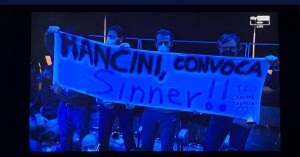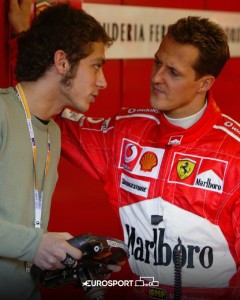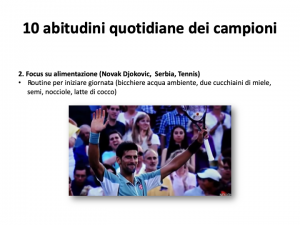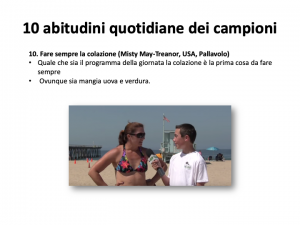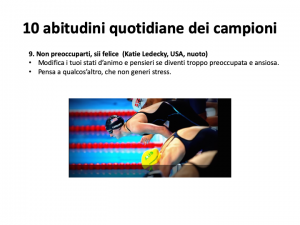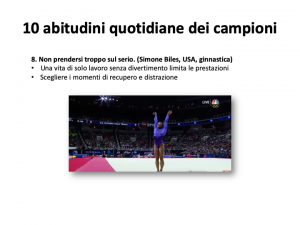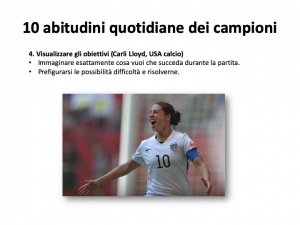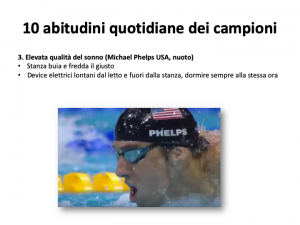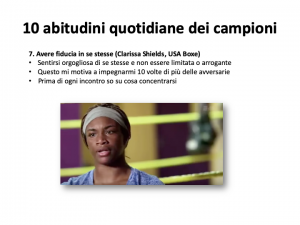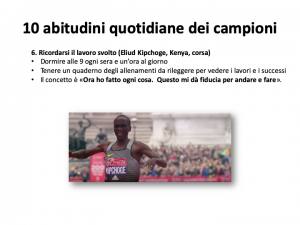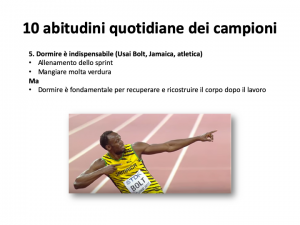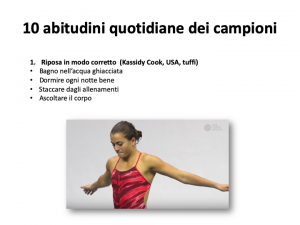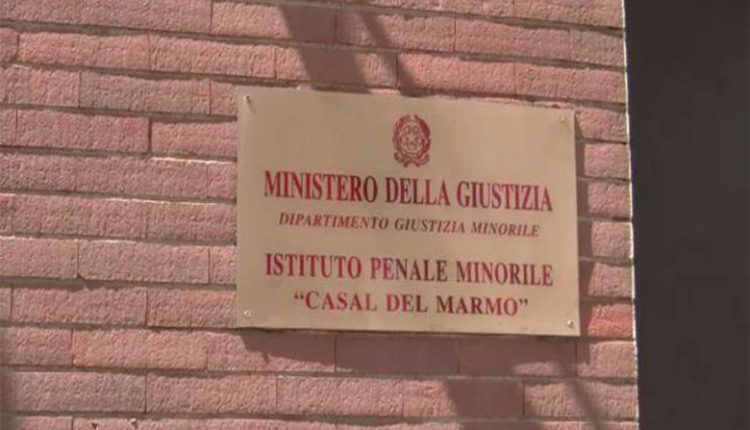Some thoughts on our soccer season.
- Watching a soccer match, I am amazed at how often players fall after clashes with opponents. A question I cannot answer: how many simulators are there, how many fall because of the hardness of the clash and how many fall because of the inexperience of the opponent who is unable to anticipate (as Paolo Maldini did).
- Make way for the young, this is not an Italian theme, but it’s a good thing that Mourinho included Felix, who scored two goals right away. Youth is not necessarily synonymous of ability, but it should at least be synonymous with enthusiasm. How many coaches think this is useful, enthusiasm.
- In this Italian championship, the top 8 have conceded about the same number of goals (15 or 17) with the exception of Lazio (21) and Napoli (7). Increasing differences in the number of goals scored are positively related to the position in the standings. What does it mean in terms of mentality?
- How are managed the players on the pitch, those on the bench and the others?
- How do coaches of teams in danger of relegation experience this constant comparison between their work and weekly results? Are they mentally prepared to live in this uncomfortable situation?
